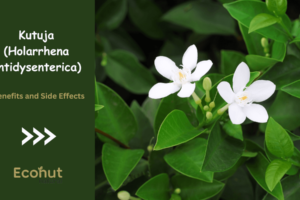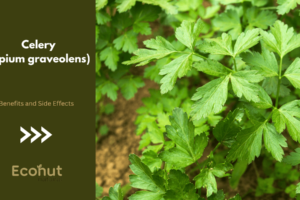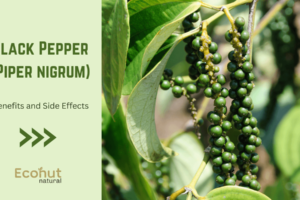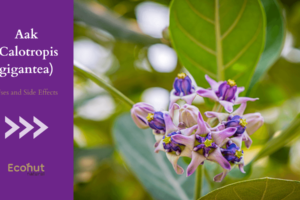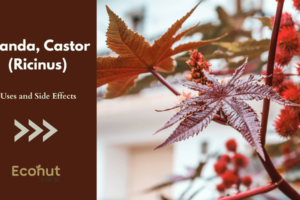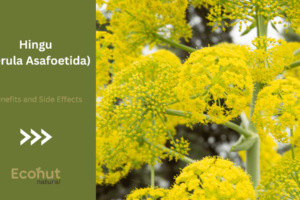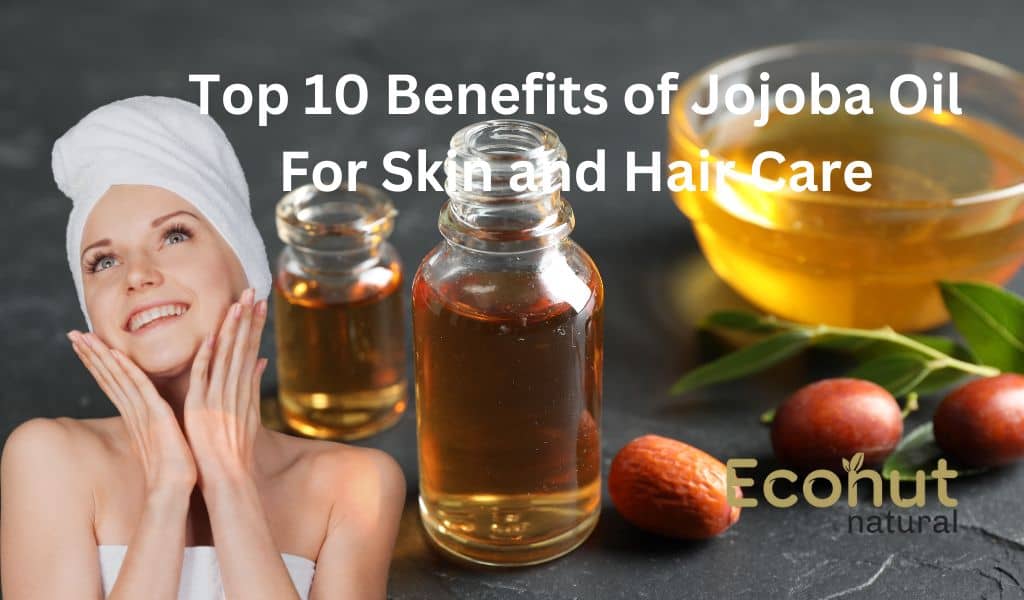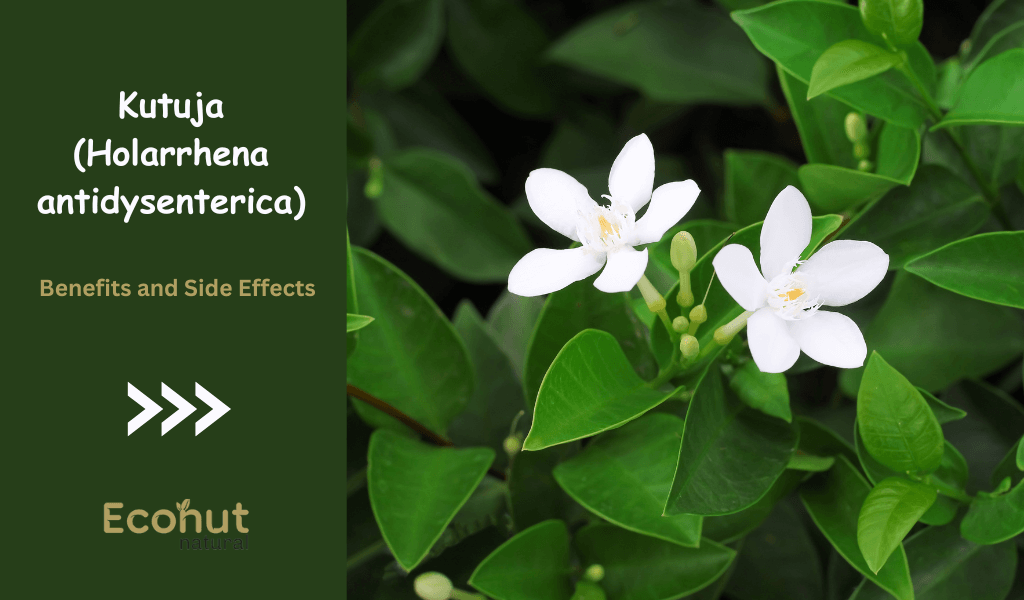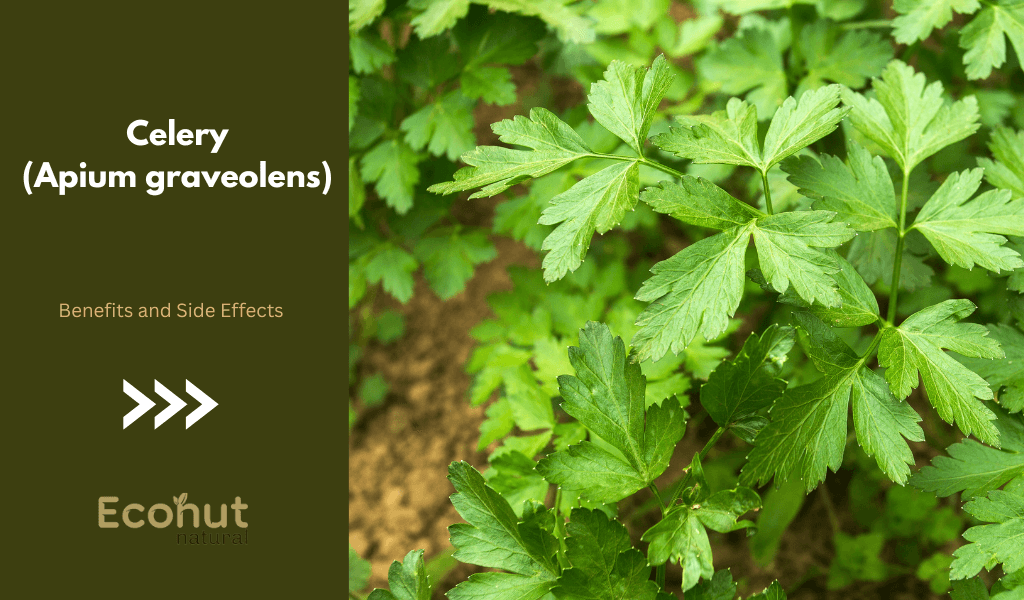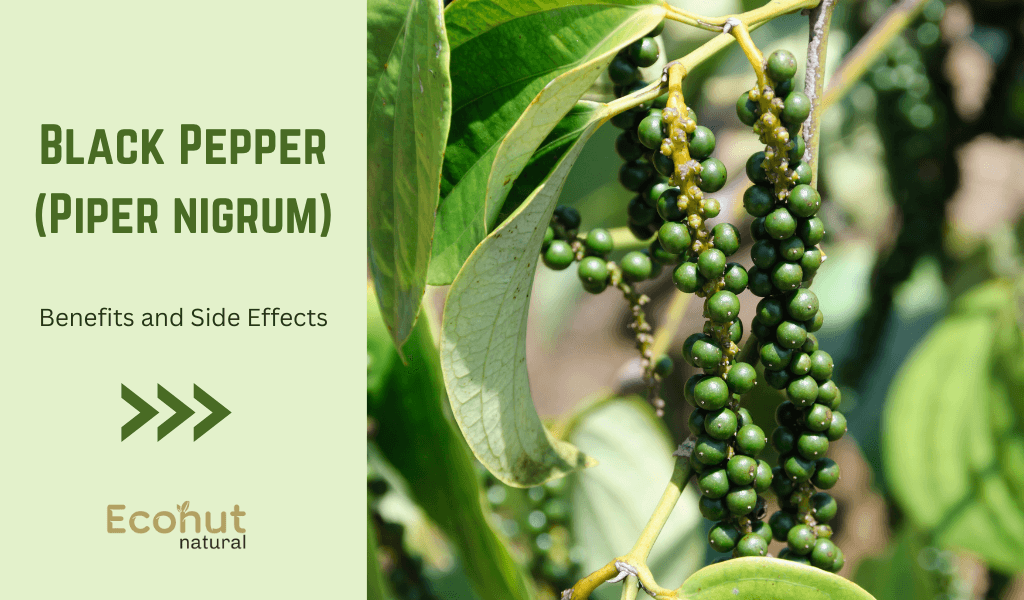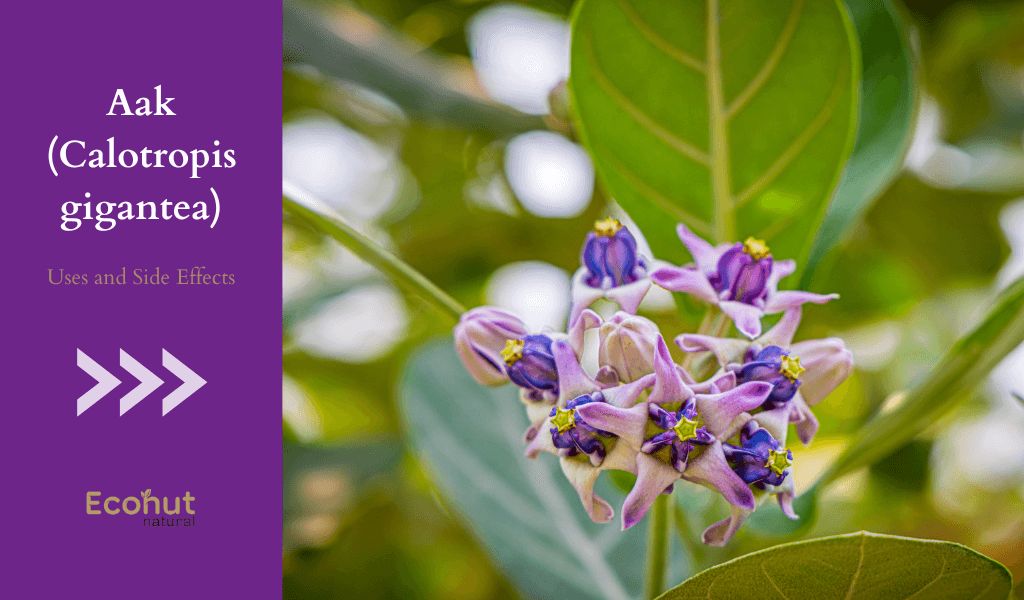The benefits of jojoba oil make it a fantastic alternative to typical hair oil. This oil is extracted from the seeds of the jojoba shrub, which grows mostly in southern Arizona, California, and northern Mexico. The oil can retain moisture without clogging pores, it is commonly used as a hydrating ingredient in skin care products.
It can help prevent early signs of aging and promote hair and skin health. It works as a lip balm, makeup remover and eyelash conditioner.
Jojoba oil is one of those multitasking wonder works that can assist with anything beauty-related, and a few drops may go a long way toward supporting general skin and hair health.
Natural elements must be included in skin care program for skin renewal. Jojoba is also known as quinine nut, goat nut, coffee berry, and deer nut. Jojoba oil has no odor and is derived from the seeds of the jojoba plant.
It includes fatty acids, primarily uric acid and oleic acid, which are both beneficial to skin health. Aside from that, it possesses anti-bacterial and anti-fungal qualities, making it excellent skin oil.
Jojoba oil
Jojoba oil is a liquid derived from the seeds of the Simmondsia chinensis perennial plant. This shrub belongs to the Buxaceae family and grows wild in Arizona, California, Mexico, and Egypt.
Jojoba oil is highly shelf-stable due to its low triglyceride content. This makes it an excellent choice for cosmetics. The oil is found in many hair and skin care products.
This oil is a must-have for a natural beauty routine. It contains anti-aging compounds such as vitamin E, vitamin B complex, copper, and zinc. Many oils are comedogenic, which means they clog pores and may be harmful to acne-prone skin.
This plant and its extract are both treated with jojoba oil. Jojoba is a shrub that is native to Mexico, southern Arizona, and California. It is a dioecious plant that might take up to three years to bloom.
Female jojoba blooms harden and form a capsule that produces seeds after pollination. The capsule is then sun-dried and torn apart to expose the mature seed containing the valuable jojoba oil.
Jojoba seeds account for 50% of the oil and are extracted using cold-pressing, which helps retain the oil’s high nutritional content. This oil has vitamins, antioxidants, and anti-inflammatory qualities, but what distinguishes it from others is that it is a wax ester rather than oil.
The jojoba oil resembles the sebum of the skin and helps to balance the complexion. Because sebum naturally coats your strands, adding jojoba where it is needed may make your hair feel smooth and add shine.
This Jojoba oil became popular after whales became endangered and whaling for their oil was forbidden in the 1970s. Jojoba oil, which has a similar composition and properties, became popular and is now used in cosmetic and cosmetics products.
Jojoba oil Benefits
The Jojoba oil offers several skin benefits, which is used in many cosmetics and beauty products. This oil’s hydrating and anti-inflammatory properties make a great therapy for majority of skin and hair problems. A few drops of the oil can go a long way toward curing acne, dry skin, and fungal infections. This oil may also improve the health and look of your hair.
Benefits For Skin Care
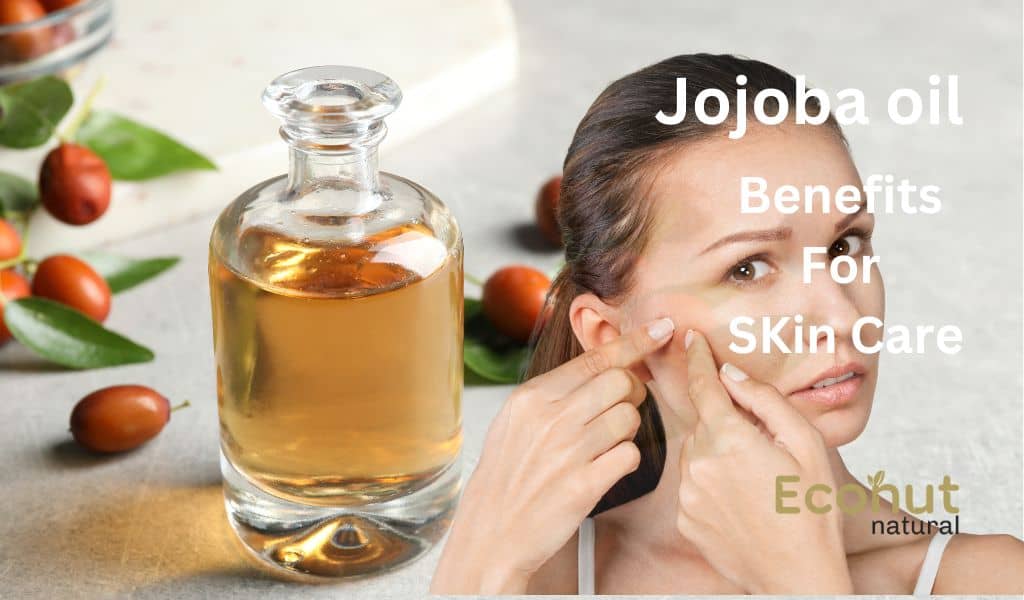
The jojoba plant’s nuts may be used to make oil. Jojoba oil is soft enough to be used as carrier oil for combining other essential oils.
Jojoba oil is a frequent component in skin care products. And there are plausible explanations for this. Pure jojoba oil is used to treat dry skin, acne, and a variety of other skin conditions.
Many individuals use jojoba as part of their skincare routine, and its popularity is expanding. This is due to its diverse skin care benefits and healing qualities, which make it a distinct and versatile skin care material.
Benefits For Hair care
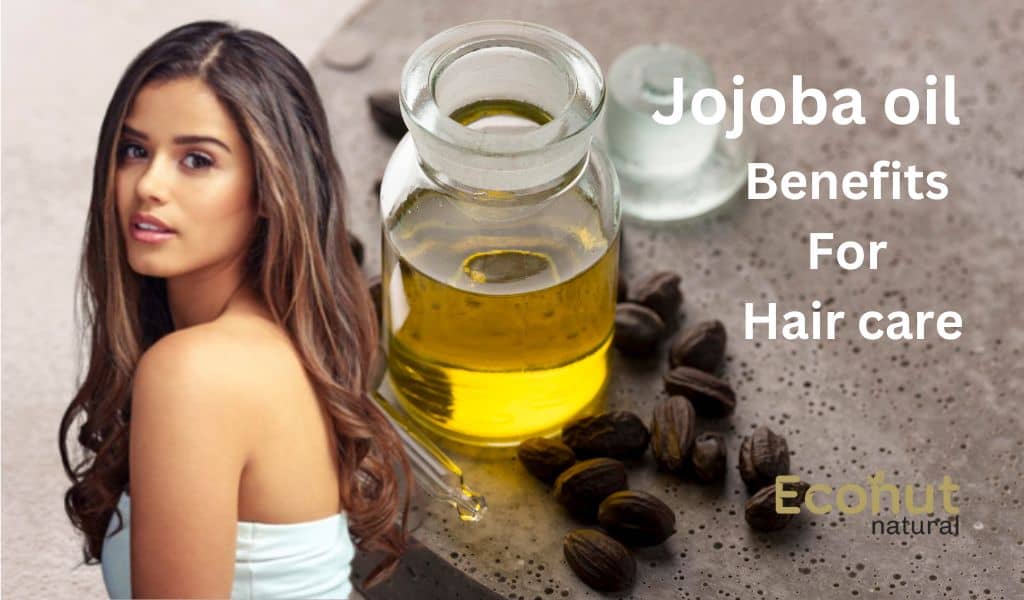
The oil may also be used to hydrate the scalp and as a dandruff treatment. Jojoba is high in vitamins and minerals that nourish hair, such as vitamin C, B vitamins, vitamin E, copper, and zinc. This oil is claimed to reduce hair loss and enhance hair thickness since it strengthens the hair.
Jojoba oil is a wax ester, like sebum. Because it does not clog pores, it is also a non-comedogenic product. It is commonly used as a component in many shampoos, conditioners, moisturizers, and other cosmetic products.
It has several benefits, such as providing adequate moisture, regulating frizz, encouraging hair development, and so on.
Also Read: Top 8 Best Natural Hair Growth Oil For Healthy Hair and Usage
1. Controls frizz
Jojoba oil is an excellent hair conditioner and a terrific moisturizing agent. It not only manages hair nicely, but it combats issues such as frizz, split ends, and hair breakage. It addresses all issues linked with dry scalp and hair. This makes the hair more manageable and adds a healthy sheen to it.
When applied to the hair, jojoba oil controls frizz and flyaway by restoring lost moisture. It can help to prevent hair from damage caused by heat styling and UV exposure. As a consequence, hair oil is an important component of every hair care regimen.
How To Use:
- Apply jojoba oil to the hair above the scalp and massage it evenly to the ends.
- Leave on for about 20 minutes before shampooing, conditioning, and rinsing.
- To remove congested scalp pores, avoid direct application to the scalp.
- Apply very little to the skin for treating a dry scalp or dandruff.
2. Moisturises hair
Jojoba oil has high moisturizing characteristics, making it an ideal hair hydration product. It contains oleic and behenic acid, which strengthens the follicle root and balances the natural oils. This oil nourishes and repairs dry scalp and hair, and relieving flaking and itching associated with it.
Jojoba oil can help with dry scalp disorders including eczema and psoriasis. Because its composition and qualities are extremely similar to the skin’s natural sebum, it aids in giving the hair with the necessary natural nourishment.
How To Use:
- Apply jojoba oil to the scalp of your hair.
- Leave on hair for 15-20 minutes before shampooing, conditioning, and rinsing.
- When applying jojoba oil to a dry scalp or dandruff, apply only 1 or 2 drops to the skin.
3. Promotes Hair Growth
Jojoba oil’s conditioning characteristics promote hair development. This oil may be used into hair conditioner to make it silky and frizz-free. It will provide further protection against hair dryness and split ends.
The hydrating qualities of jojoba oil can alleviate scalp dryness and dandruff. These vitamin E in the oil is beneficial to the health of your hair and scalp.
There is no conclusive proof that jojoba oil strengthens hair. However, the oil hydrates the hair follicles, which can help prevent dryness, which can contribute to hair loss. In fact, this oil is included as a significant component in numerous shampoo patents.
How To Use:
- To encourage hair growth, mix a few drops of pure jojoba oil into the conditioner.
- Apply from roots to ends, and leave on as a hair mask for 10 minutes before rinsing well.
4. Protects Hair From Damage
Jojoba oil is an excellent therapy for hair damage caused by other treatments or heating instruments. It also produces a protective shell around the hair, shielding it from heat damage. This is due to the fact that this oil is not as permeable as other oils. As a result, it creates a protective barrier surrounding the hair shaft.
The hair cuticles might break if you use curling irons or straightening equipment on a frequent basis. This type of fracture is also known as a hairline fracture. Jojoba oil prevents this and also serves as a restorative therapy after style.
How To Use
- Apply to the scalp and hair directly and left on for 20 minutes.
- Warm it gently for greater absorption and benefits.
- After 20 minutes, rinse with a gentle shampoo and follow with a conditioner.
5. Retains Skin Moisture
Jojoba oil is a humectant. That is, it helps the skin retain moisture by sealing it with a protective barrier. This not only maintains the skin hydrated, supple, and moisturized, but it also prevents bacterial infections and acne by preventing germs from accumulating in the pores.
Jojoba oil is included to face cleansers because of its ability to retain moisture. If you want to properly cleanse pollutants and remove makeup without removing the skin’s natural hydration, use this oil.
How To Use:
- Simply massage a few drops of pure jojoba oil over washed skin.
- A moisturizer can also contain 3 to 4 drops of the oil.
- Also, apply it to face and body.
- This approach, the change in dry skin will be noticeable after some time.
6. Good For Acne-prone
Jojoba is structurally related to sebum, the oily material secreted by sebaceous glands as a natural moisturizer for skin and hair. By controlling the skin’s natural sebum production, jojoba can help to lessen oiliness. The oil controls the bacterial overgrowth that can cause breakouts due to its high amounts of iodine.
Jojoba has the benefits of being a natural germ repellent and aiding in the prevention of bacterial development on the skin. When applied to the skin, jojoba oil protects against skin disorders such as acne.
How To Use
- Massaging a tiny quantity of it into the face with one’s hands or a soft cotton pad.
- Before applying to the skin, combine it with other oils, gels, creams, or clay face masks.
7. Delays Signs of ageing
Jojoba oil contains vitamin E, a potent antioxidant that protects the skin from free radicals that cause premature ageing and skin damage. Amino acids, which are the building blocks of collagen, are abundant in jojoba oil; Improves skin texture, tone, and elasticity while reducing the appearance of fine lines and wrinkles.
Because jojoba contains antioxidant characteristics, these products can help improve skin suppleness. When applied on the skin, the antioxidant capacity of the oil can help delay the effects of ageing.
How To Use
- Apply a few drops to freshly washed skin for an anti-aging therapy.
- For best effects, combine a few drops of jojoba oil with a moisturizer and apply to the face.
8. Maintains Nail health
Although tiny, cuticles are a vital aspect of the human body, as are good nails and cuticles. They are frequently overlooked. Nails and cuticles are extremely sensitive and prone to drying out. When used often, products like nail polish remover might cause more damage than benefit.
So, to maintain nails and cuticles in good condition, consider applying jojoba oil. It is high in vitamin E and has anti-inflammatory and antibacterial properties. It protects the nails from infection and maintains them healthy.
How To Use
- Soak nails in warm water for 5 to 10 minutes before applying jojoba oil.
- To notice benefits, repeat this process once a week.
- The nails will then be attractive and sturdy.
9. Skin condition
Jojoba can give significant relief from skin conditions such as eczema and psoriasis. Eczema is a skin disorder caused by an allergic response to irritants such as chemicals and colors found in soaps and other goods.
Dry, itchy, and irritated skin characterizes both disorders. Jojoba oil, as a moisturizer, alleviates skin dryness and irritation. Because the oil is anti-inflammatory, it also lowers inflammation. The oil is also high in anti-oxidants, which boost the immune system.
How To Use
- After washing face, massage jojoba oil into skin and allow it to soak.
- Gently rub hands across the skin in a circular manner.
- This oil may also be used to remove makeup.
- Gently wipe away makeup with jojoba oil with a cloth or cotton swab.
10. Aids Makeup Remove
Jojoba oil may be used as a makeup remover because it is non-comedogenic and soothing on the skin. Its calming properties remove makeup, debris, and grime from the skin without removing it of its natural oils.
The composition of this oil closely matches natural human skin sebum, which refills the skin’s oil equilibrium. Furthermore, jojoba oil is a fantastic element for skin lightening.
How To Use
- It works well as a makeup remover.
- Apply a few drops of jojoba oil to a cotton pad.
- Makeup comes off effortlessly and slides along with the cotton.
Side effects
Jojoba oil is an excellent substitute for conventional oil. It contains several therapeutic characteristics that aid in the treatment of a variety of skin and hair issues. The oil’s benefits are linked to its hydrating, antimicrobial, and antioxidant characteristics.
It may be used to cure acne, hydrate skin, encourage hair growth, slow down the ageing process, calm psoriasis, treat fungal infections, remove makeup, and thicken eyelashes.
However, some people may have adverse responses while using this oil topically. So, before using it on skin or hair, perform a patch test. Regular usage can aid in the maintenance of healthy skin and hair.
- When applied to the skin, jojoba is LIKELY SAFE for most individuals. It has the potential to induce adverse effects such as dermatitis and allergic reactions.
- When taken orally, jojoba is LIKELY UNSAFE for anybody. Jojoba contains erucic acid, a substance that can cause major negative effects such as heart damage.
- Oil damage may be avoided by patch testing jojoba oil. Examine the underlying skin after removing the band-aid. This oil can be used if no evidence of allergy is observed.
- Pregnancy and breast-feeding: It is safe to apply jojoba to the skin during pregnancy and breast-feeding. However, taking jojoba by mouth is probably dangerous.
Summary
Jojoba oil has been used in Native American traditional medicine for hundreds of years, and it has recently become an essential component of some of the most successful skin care treatments. It is a natural emollient that softens, cleanses, and moisturizes the skin.
Jojoba oil’s aesthetic and technical characteristics make it a popular basic cosmetic component. This oil’s chemical structure differs from that of other vegetable oils. The oil is required for a long shelf life. Because this oil does not oxidize or get rancid, it may be used with other oils.
This oil is utilized in the production of specialty soaps, shampoos, hair conditioners, moisturizers, shaving creams, and so on. Jojoba oil has an acid value of less than one.
Jojoba oil is particularly beneficial for cosmetics due to its low acid value, iodine value and saponification number, low un-saponifiable matter, and peroxide value.

